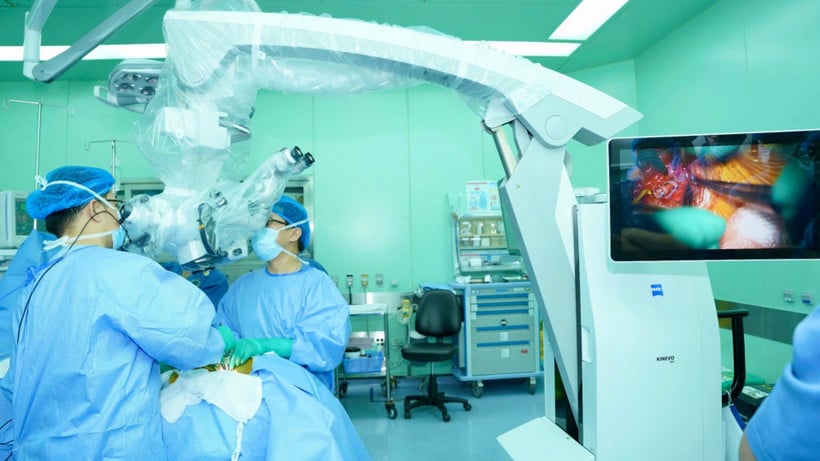
Epilepsy is one of the most common neurological diseases in the world . In Vietnam, it is estimated that there are 500,000 to 700,000 people living with this disease, of which 20 to 30% fall into the group that does not respond to medical treatment despite using many different anticonvulsants (drug-resistant epilepsy). This is one of the major challenges for neurology in recent years.
From medical treatment to modern surgery
According to Associate Professor, Dr. Nguyen Minh Anh, Deputy Director of the University of Medicine and Pharmacy Hospital, medical treatment is still the foundation in the management of epilepsy. However, for drug-resistant patients, drugs alone are not enough to control seizures, forcing us to think of new intervention methods that are safer, less invasive, and more effective in the long term.
The advent of minimally invasive surgery combined with neuromodulation has opened up a promising direction. This technique does not remove brain tissue but uses a vagus nerve stimulator (VNS) - a small device implanted under the skin of the chest, connected to the neck vagus nerve. When the device emits mild electrical pulses, the signal will be transmitted to the brain, helping to regulate the brain's electrical activity, thereby reducing the frequency and severity of epileptic seizures.
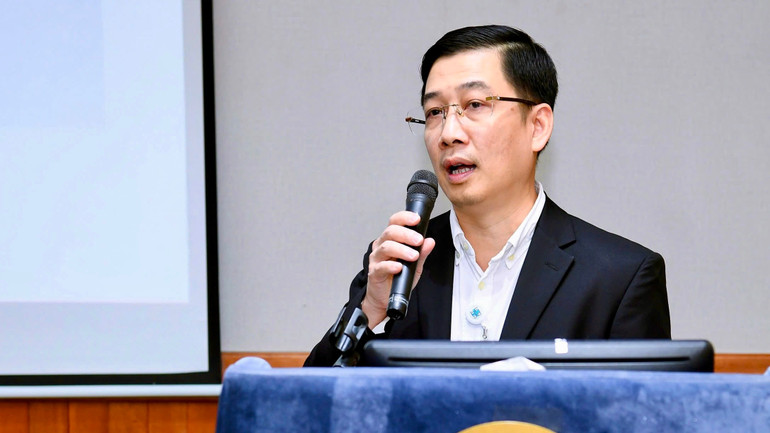
The University of Medicine and Pharmacy Hospital has just successfully performed the first vagus nerve stimulation surgery in Vietnam on a patient with drug-resistant epilepsy. The patient is a 17-year-old male with epilepsy that has lasted for 15 years. Despite medical treatment and surgery, epileptic symptoms still appear 5 to 10 times a day.
Through the minimally invasive VNS method with small incisions, little blood loss, and quick recovery time, patients can be discharged after a few days. The successful surgery marks an important step forward in epilepsy treatment in Vietnam, opening up a long-term development direction for the domestic Neurosurgery industry.
According to international research results, the VNS method helps reduce the frequency of seizures by 50 to 70% in more than half of patients after one year of treatment, while improving sleep quality, memory and concentration. The University of Medicine and Pharmacy Hospital is also the first unit in Vietnam to successfully deploy the VNS technique.
Dr. Truong Thanh Tinh, Head of the Department of Neurosurgery, said: “This success is the result of a process of research, cooperation and careful preparation of human resources, equipment and technical processes. We not only receive technology but also improve it to suit domestic treatment conditions.”
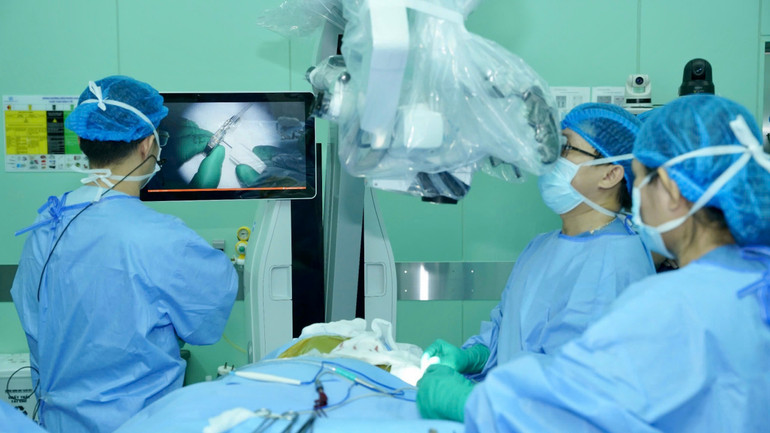
This is an important milestone, affirming that the domestic medical team has been able to master a complex technique on par with international standards. This method can be indicated for many groups of patients, especially children and adolescents with drug-resistant epilepsy who previously had few viable treatment options.
Bringing medical advances closer to the people
Research on combining artificial intelligence and virtual reality in neurosurgery procedures is a development direction that the University of Medicine and Pharmacy Hospital is focusing on.
Artificial intelligence is used to analyze brain waves, helping to accurately identify areas of abnormal activity, while virtual reality technology supports surgical simulation to optimize intervention plans and minimize risks.
Dr. Truong Thanh Tinh added that in the next 5 to 10 years, neurosurgery in Vietnam will move towards personalized treatment, each patient will have a separate intervention protocol designed based on the patient's neurological data and biofeedback.
“When combining modern technology and medical expertise, we not only cure diseases but also completely restore the patient's quality of life,” said Mr. Truong Thanh Tinh.
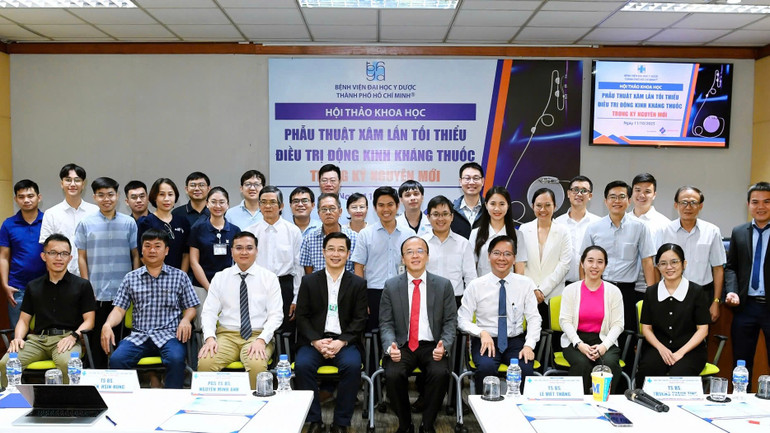
By mastering minimally invasive surgical techniques to treat drug-resistant epilepsy, Ho Chi Minh City University of Medicine and Pharmacy Hospital has made Vietnam one of the few Asian countries that can independently deploy this method.
That achievement contributes to reducing the burden of disease and demonstrates the aspiration of the medical team in improving the country's medicine, bringing medical advances closer to the people, so that every patient has the opportunity to live a more fulfilling life, opening up an era of more comprehensive treatment for patients.
Source: https://nhandan.vn/tien-bo-trong-dieu-tri-dong-kinh-khang-thuoc-tai-viet-nam-post914947.html







![[Photo] Solemn opening of the 1st Government Party Congress](https://vphoto.vietnam.vn/thumb/1200x675/vietnam/resource/IMAGE/2025/10/13/1760337945186_ndo_br_img-0787-jpg.webp)





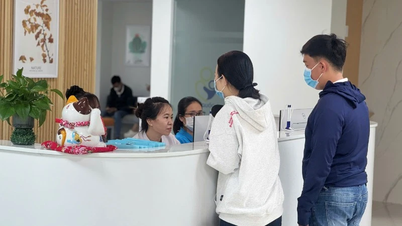
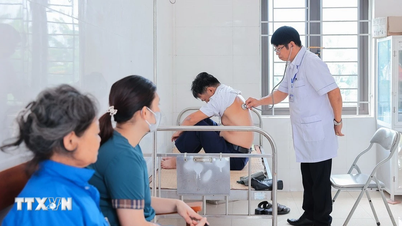









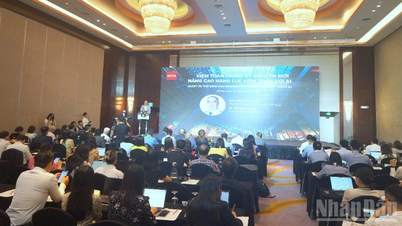
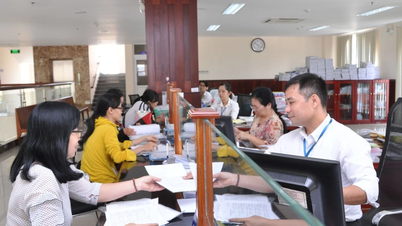
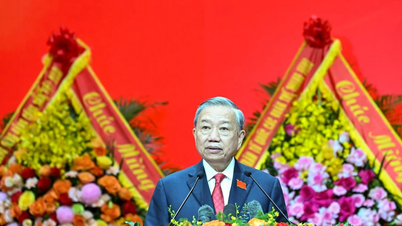
![[Video] Clarifying the concept of "basic level of hospital fee exemption" in the draft health policy](https://vphoto.vietnam.vn/thumb/402x226/vietnam/resource/IMAGE/2025/10/13/1760342539316_1760323741195-jpg.webp)
![[Photo] General Secretary To Lam attends the opening of the 1st Government Party Congress](https://vphoto.vietnam.vn/thumb/1200x675/vietnam/resource/IMAGE/2025/10/13/1760321055249_ndo_br_cover-9284-jpg.webp)




















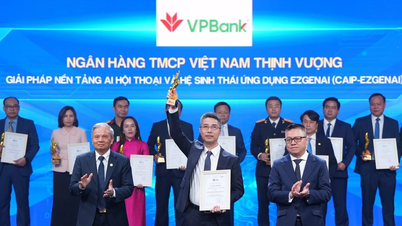


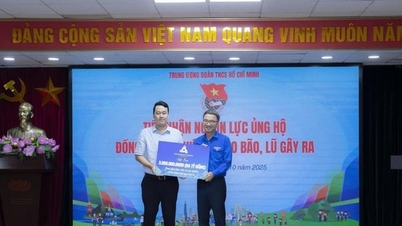

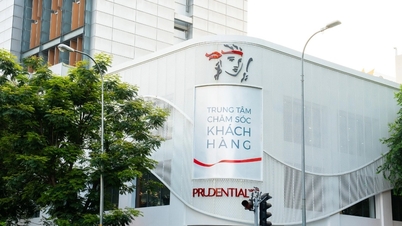
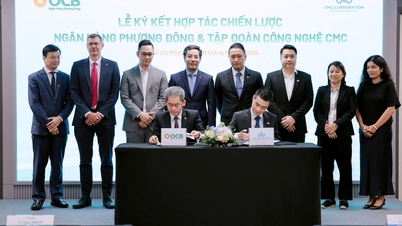

















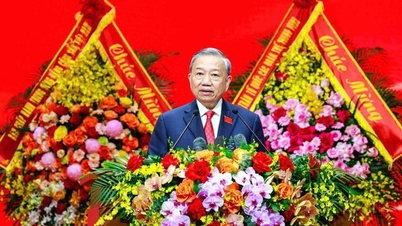
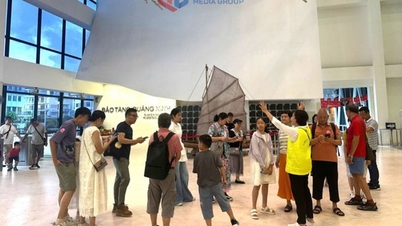
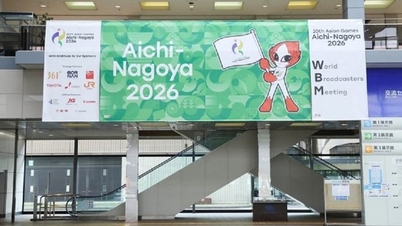


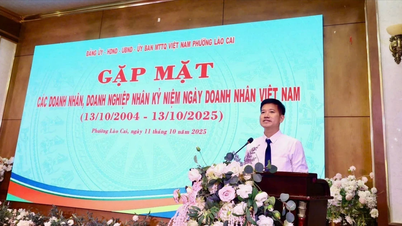







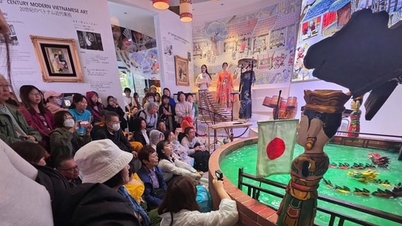













Comment (0)